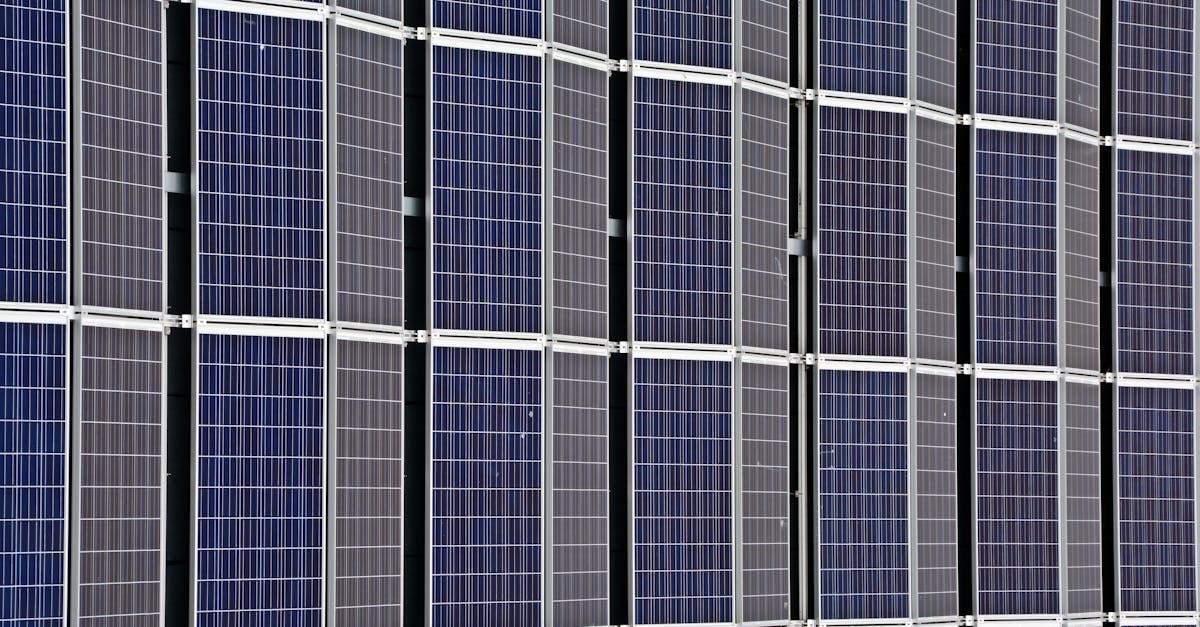Published on:
7 min read
Solar Panels Uncovered: Your Guide to Sustainable Energy
Discover the transformative power of solar energy and how it can benefit both your home and the planet. This guide unravels everything you need to know about solar panels, from installation to long-term savings.

What Are Solar Panels?
Solar panels, also known as photovoltaic (PV) panels, convert sunlight into usable electricity. They consist of a series of solar cells made from semiconductors, usually silicon, which catch sunlight and generate direct current (DC) power. This energy can either be used immediately or stored for later use through batteries. Solar technology has evolved significantly, making it more efficient and cost-effective. In fact, the price of solar panels has dropped dramatically over the past decade, making it achievable for homeowners to invest in renewable energy solutions. Moreover, with advancements in technology, solar panels now often come with a warranty of 25 years or more, ensuring that homeowners can enjoy long-term benefits.
Benefits of Solar Energy
Investing in solar panels offers numerous benefits that extend beyond just energy savings. First and foremost, solar energy is renewable and clean, contributing to a significant reduction in your carbon footprint. This makes it an environmentally friendly option, helping combat climate change and decreasing reliance on fossil fuels. Additionally, solar panels can lead to substantial savings on energy bills over time. Many states also provide tax incentives and rebates to homeowners who install solar systems, further enhancing financial benefits. Moreover, solar energy can increase property value; homes equipped with solar panels tend to sell at higher prices compared to those without. In summary, going solar is a win-win situation for your wallet and the environment.
How to Choose the Right Solar Panels
Choosing the right solar panels for your home can be daunting given the variety of options available. Start by evaluating the efficiency rating, as this determines how much energy the panel can produce relative to its size. Higher efficiency panels may cost more but can yield better performance in limited space. Additionally, consider the warranty offered by manufacturers; a longer warranty typically suggests higher quality and durability. Installation costs are another key factor to consider, as they can vary significantly based on location and the complexity of the installation. It’s also wise to research reputable installation companies; their expertise ensures that your solar system will operate effectively and safely for years to come.
Conclusion
In conclusion, solar panels represent a sustainable energy solution that benefits both homeowners and the environment. With the right knowledge and resources, transitioning to solar energy can lead to substantial savings and contribute to a cleaner planet. As technology advances and more people make the switch, solar energy will play an integral role in creating a sustainable future.
Published on .
Share now!










